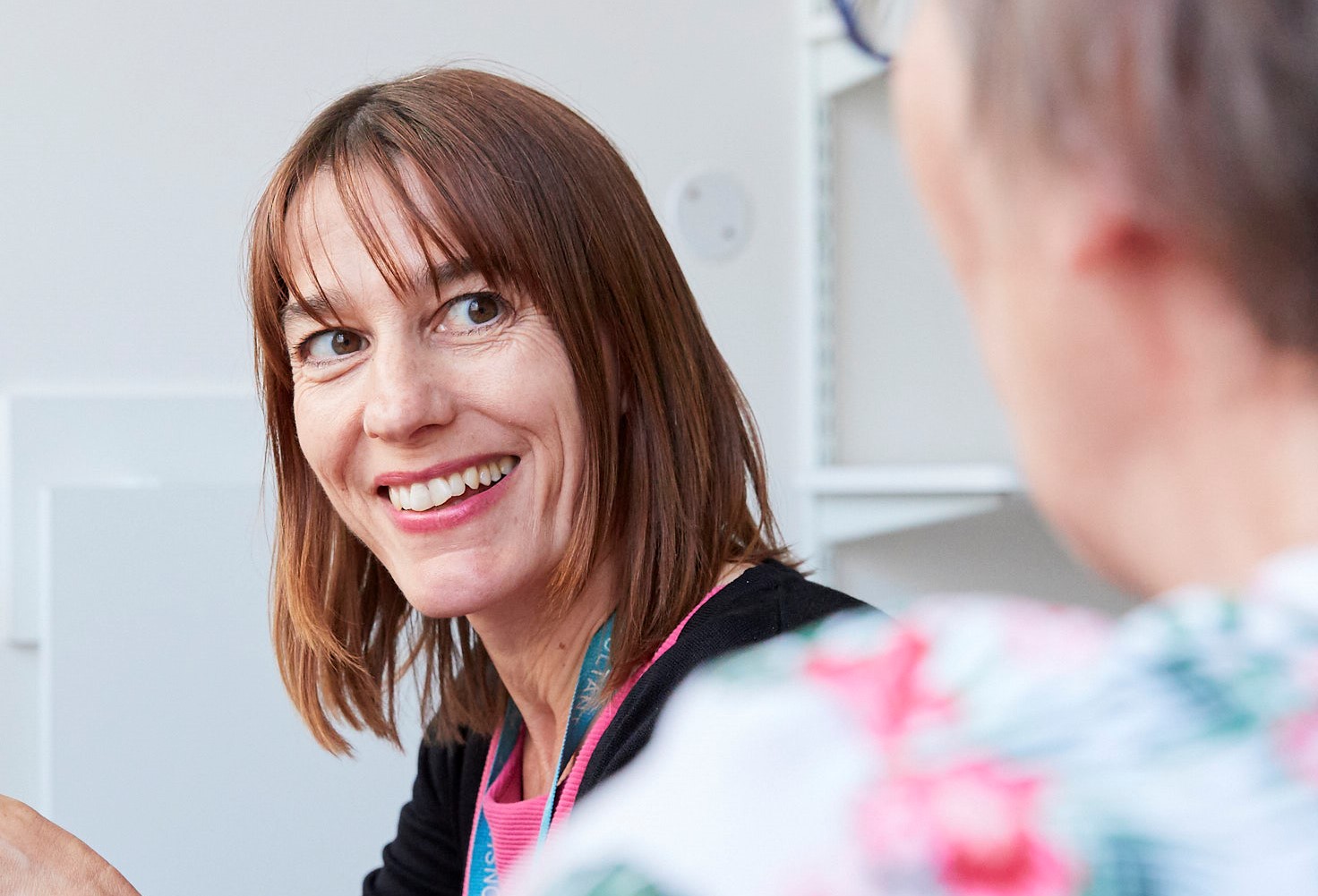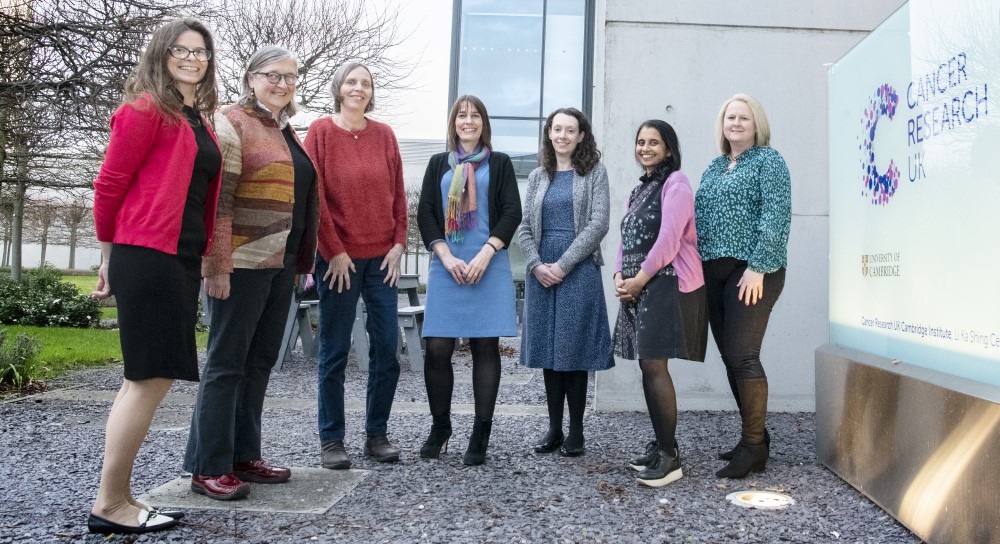
Breast cancer is the commonest cancer globally and cases are rising. By 2040, it is predicted that there will be 3 million new cases per year and 60% of these will be in low- and middle-income countries.
There have been outstanding advances in understanding the genetics and biology of breast cancer that have shaped exciting new therapies, improving survival rates in high-income countries.
However, many patients worldwide receive only basic (if any) treatment.
Inequities in breast cancer management also disproportionally affect women of colour and/or those from poor backgrounds, in both low- and high-income countries.
The Lancet Breast Cancer Commission brings together a diverse, interdisciplinary group of commissioners from high-, middle- and low-income countries across the world to address these inequalities between and within countries. The group includes patient advocates with lived experience of early and metastatic breast cancer to ensure a truly person-centred approach.
The Commission aims to approach the challenges of breast cancer from a new perspective and develop a compelling analysis with an overarching positive message underpinned with actionable recommendations.
Professor Charlotte Coles will chair a team of 11 Cambridge-based commissioners including oncologists, patient advocates, early career researchers and administrative staff, along with 25 other members representing Europe, North and South America, Africa, India, Australasia and China.
The group of commissioners will work together over the next 2 years and publish their recommendations in 2024.
The funding partner is Breast Cancer Now.
















